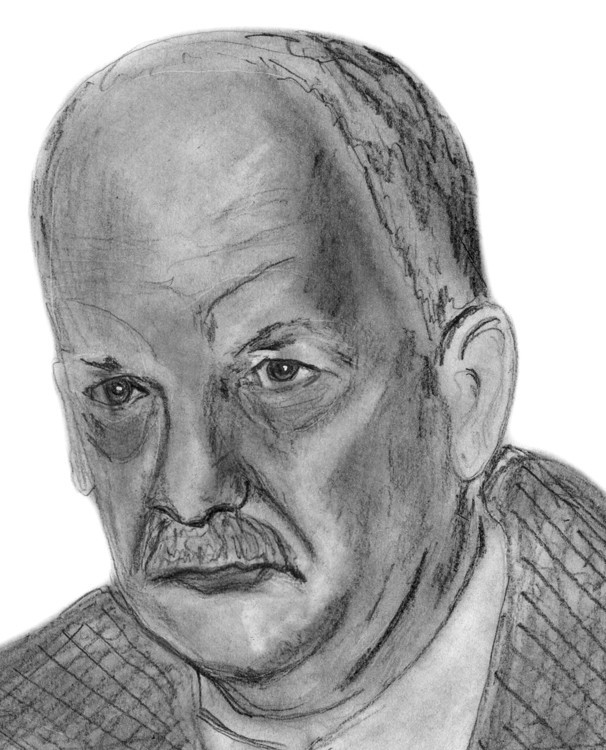Vic Toews does not deserve to be honoured
Public safety minister has continually rejected the values of a university education
Last weekend, I finally graduated with my honours degree in sociology. It was a proud day for me, marking the conclusion of a thrilling but exhausting period of my life.
Yet, instead of celebrating in cap and gown with my family looking on, that afternoon I added my voice to those of the many who are outraged at the thought of Public Safety Minister Vic Toews being awarded an honorary doctorate from the University of Winnipeg.
The case against Toews is damning.
For instance, he vehemently opposed the inclusion of LGBT* Canadians as a protected group under hate speech laws.
He spoke against the legalization of same-sex marriage, and has made it clear that he wishes to re-criminalize abortions in Canada.
Like many of the Harper Conservatives, he also possesses a special disdain for academia and its unreasonable obsession with facts, research and evidence.
Toews recently made headlines when he pledged $155 million toward the construction of new prisons – this in spite of Statistics Canada’s own reports that crime has been decreasing in both frequency and severity for the past 15 years.
In light of the above, what could be a more fitting celebration of my cherished academic ideals than to skip my own convocation ceremony in order to protest the honouring of someone who embodies none of them?
In university, I learned that there are no easy answers to complex social problems. If it sounds like a slogan then it probably isn’t good public policy.
Getting “tough on crime” doesn’t work. It may hurt the people who have done the crime – and thus has great appeal to public fear and anger – but it does not decrease crime.
Planning to lower the age of criminal responsibility from 12 to 10, creating mandatory minimum penalties for everything from drug offences to firearms offences, making it more difficult for ex-offenders to get a pardon – none of this makes us safer. There’s plenty of good research that demonstrates this. Most people who are knowledgeable about crime had to read it in order to receive their degree.
In university, I learned that studying how society works is a fascinating endeavour, but also that we need think carefully about what we mean when we say “works.”
“ What could be a more fitting celebration of my cherished academic ideals than to skip my own convocation ceremony in order to protest the honouring of someone who embodies none of them?
Incarcerating our way out of crime problems may “work” in terms of providing jobs for prison-builders and corrections officers, but what does it mean in terms of human rights?
Is being tough on crime “working” when we consider that our prisons are disproportionately stuffed with aboriginal people and the desperately poor?
In university, I learned that collecting reliable information about citizens is important in order to make decisions about everything from how many roads there should be to what type of social services we need.
In contrast, Toews has recently boasted about his government’s gutting of the long-form census.
That reminds me of another thing I learned in university: that the public is ignorant and fearful about a great many things, and that politicians sometimes try to exploit that fear and ignorance.
Toews has made a career out of this.
He has encouraged his supporters time and time again to disregard facts, evidence and critical thought, and trust their fears, prejudices, gut feelings and oversimplified ideas about the world.
How could a university give an honorary doctorate to someone who hasn’t, in all his years of public office, demonstrated the critical thinking or research skills necessary to pass a first-year criminal justice course?
Despite the fact that I missed my cap-and-gown moment of glory on Sunday, it seems appropriate to have been outside protesting the conferral of academic accolades on the likes of Toews.
My dissent was, after all, the inevitable outcome of the education that I received at the University of Winnipeg.
Jacquie Nicholson is a recent sociology graduate of the University of Winnipeg.







